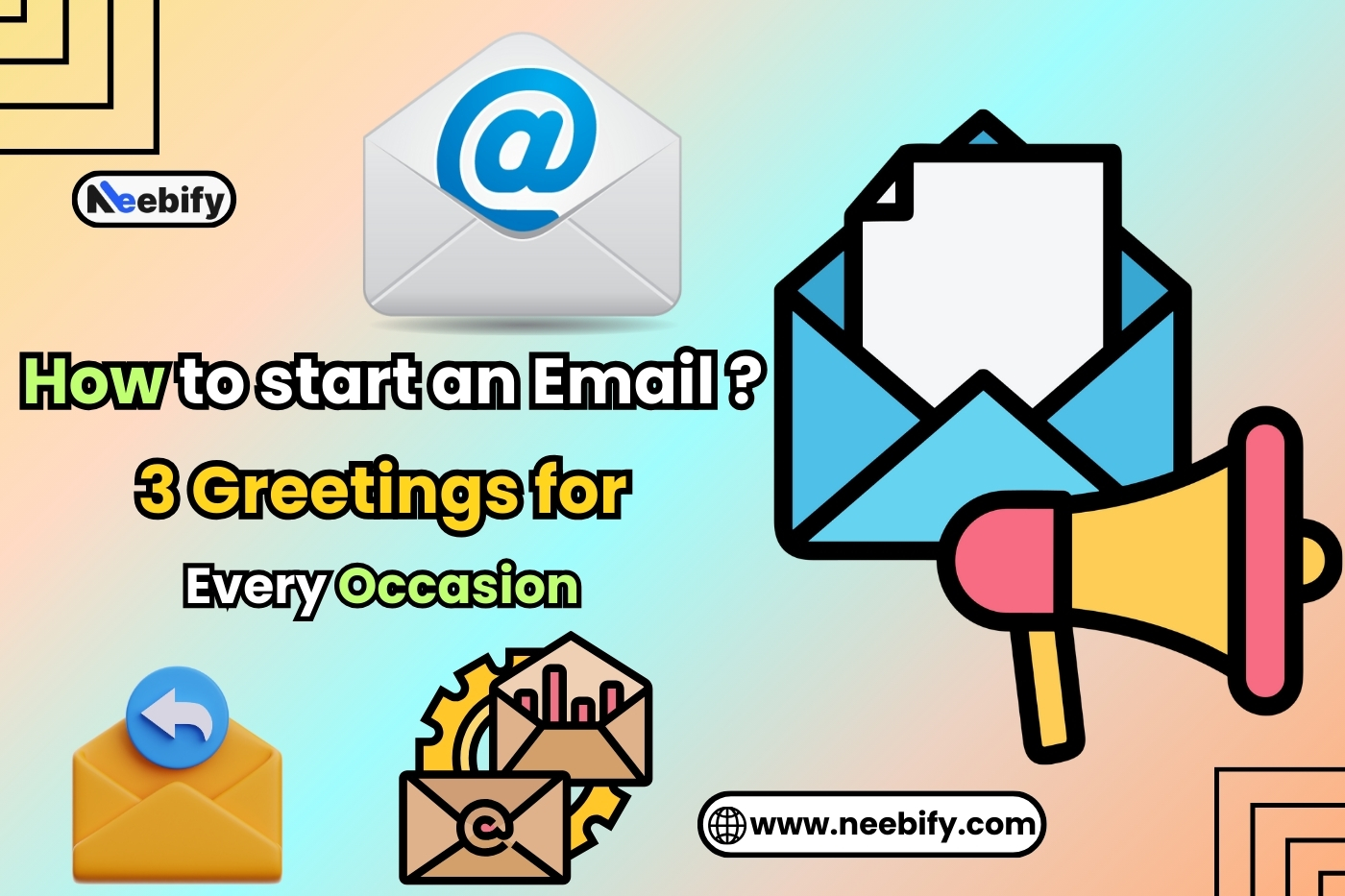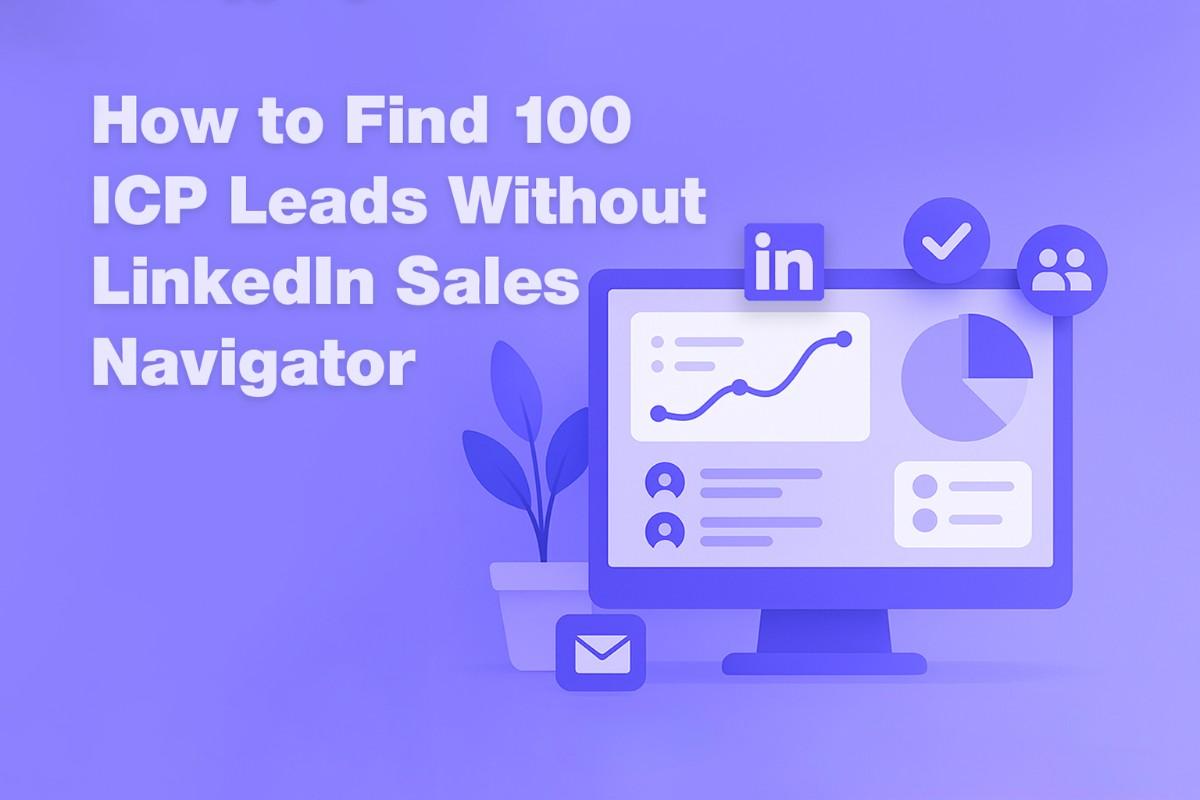Table of content
How to Start an Email? 3 Greetings for Every Occasion
While it is easy to get started with the body of an email, it can be rather challenging to decide how formal or informal an email should be, especially while writing a formal letter to a business associate, reaching out to a professor, or sending a simple hello to a friend. Your email greeting can make all the difference in the tone of the entire message. Here are three greetings for every occasion to help you build rapport, maintain professionalism, and be sure that your emails are well-received.
In this comprehensive guide, we will explain to you how to start an email in various situations, give examples of email greetings, and help you decide which email opening phrases to use. We will find our way from formal to informal emails, giving you all the tools you need to craft your emails with confidence.
How to Start a Professional Email?
When emailing on a professional level, how to start an email professionally will always be key. Your email greeting reflects the formal nature of the connection and expresses respect toward the recipient. Regardless of what kind of relationship you have with the recipient-individual client, colleague, or superior-your email opening will determine how the person perceives your message.
1. Formal Business: Email Greetings Generally, the greeting of formal emails should be polite and clear, formal and professional. Here are a few examples of formal business email greetings:
"Dear [Name of the Recipient],"
It is one of the most common forms and looks very professional.You can use this to greet a client, a coworker, or a boss.
"Hello [Name of the Recipient],"
A bit less formal, still suited for most professional situations.
"Hello [Recipient's Name], "-This is a tad more formal and excellent to use when emailing a contact you do not know.
"Dear Sir/Madam," -Use this as well when you have no idea who the recipient is. It is polite and neutral.
2. How To Open An Email Professionally? Best Practices: Always use the correct title of the recipient. For instance, say "Mr." or "Ms." and then their last name.
Avoid greeting informally by using "Hello" or "Hi." This is not very professional when you are using email unless you are on a personal basis with the recipient.
If you do not know who the recipient is, then be specific than using the phrase "To Whom It May Concern."
3. How to Write a Professional Email? Starting Strong:
Your first lines should be clear, short, and polite. As you introduce yourself or state the purpose of your email, consider using any one of these phrases:
"I hope this email finds you well."
"I'm writing to inquire about."
"I wanted to follow up."
These types of best email opening phrases immediately set a professional tone and let the reader understand what you are trying to achieve.
How to Write an Email to a Teacher or University Professor?
When writing to a teacher or professor in university, the student should be respectful and professional. Teachers are always very busy people, so it is very important to be precise and clear in your message.
1. Formal Email Salutations to a Teacher or Professor:
"Dear Professor [Last Name],"– This is the most common and proper way to write your email to a professor.
"Hello Professor [Last Name],"-Less formal yet appropriately professional when addressing a teacher.
2. How to Address an Email to a Teacher? Best Practices: Begin with an appropriate closing and your name. Then proceed with introducing who you are and why you are writing an email.
Do not start with a greeting like "Hi" unless you really have a close personal connection to the professor.
Be mindful of their time. Professors are busy, so keep the email brief and to the point.
How to Open an Email for a Job Opportunity?
If you are applying for a job opening, the tone and level of professionalism set by your email greeting will dictate all. In any case, you would expect to ensure that your message is courteous, brief, and non-confrontational since you'll likely be inquiring about available jobs or making an application for a post.
1. An Email Salutation in a Job Application: As a general rule, you're supposed to be official and polite when writing an email about a job application. Here are the best email greetings you can use for job inquiries:
"Dear [Hiring Manager's Name],"
This is your best bet if you know the person's name, as it introduces personalization and the fact that you've taken the time to really research the recipient.
"Dear Hiring Manager," – Use this if you don't know the name of the person handling the hiring process.
"Hello [Hiring Manager's Name]," – This is a bit less formal but acceptable enough in most professional situations.
2. Best Email Opening Lines for Job Applications: Begin your email by stating your intentions clearly and directly.Here are some first lines for job questions:
"I am writing to show my interest in the [position] at [company]."
"I want to ask about job openings with [company]."
"I found out about the [job title] at [company] and wanted to share my strong interest in it."
These good email starters quickly show your aim to the hiring manager or recruiter.
How to Start an Email to an Employer or Boss?
The email to your employer or boss should reflect professionalism and respect. Based on the formality of work, you might modify the tone of your greeting.
1. Formal Email Greetings for Employers or Boss: The following are some "formal email greetings" when emailing your boss or employer:
“Dear [Boss's Name],” – This is the most common and respectful greeting.
“Hello [Boss's Name],” – A little more casual, yet proper in most settings.
“Dear Mr./Ms. [Last Name],” – This is quite formal and suitable if you do not have that warm relationship with your employer.
2. How to Greet Someone in an Email? (Employer or Boss): Always address your boss by their title, and make sure to use formal email greetings unless you have a very relaxed work culture. So, for instance, if your boss is a doctor, use "Dear Dr. [Last Name]" .
3. Email Opening Lines for Employers/Boss: When emailing your boss or employer, make sure your opening line is respectful and to the point:
"I hope this message finds you well."
“I just wanted to check in about the [project] we talked about last week.”
"I am writing to update."
These are “email opening lines” that can be used while keeping a professional tone as well as stating the purpose of your email in a straightforward manner.
How to Open Email for a Client?
Emails to clients must be both professional and warm. Your greeting should make a client feel valued yet formal.
1. Best Greetings to Use in an Email to Clients:
"Dear [Client's Name]," – Formal and Personal
"Hello, [Client's Name]," This is useful when you have already communicated and built rapport.
"Good morning/afternoon, [Client's Name]" This greeting goes further to show consideration and pertinence of time zones.
2. Creative Email Greetings for Clients: When you can afford it, use Creative Email Greetings to inject heart and soul:
"We're doing great, [Client's Name]. Hope you're having a great week!"
“I hope all is well with you.”
These greetings remain professional, but give a welcoming flavor to the communication between you and your client may make it more intense.
3. Your Email Opening Lines to Client: Begin your email with a friendly but professional line. Examples include:
“I wanted to update you on this”.
“Thanks for the time taken, [Client's Name].”
I hope this email finds you at the moment, in good spirits.
These friendly email greetings do much to establish a positive atmosphere for the conversation that is ahead.
How to Begin an Email to a Friend or Stranger?
E-mails to friends or strangers are generally more informal. Nevertheless, it is still important to select the appropriate greeting to refrain from sounding too formal or distant.
1. Informal E-mail Greetings for Friends: When sending an e-mail to a friend, you can use informal and friendly greetings like,
"Hello [Friend's Name],"
"Hi [Friend's Name], "
"Hello [Friend's Name],"
2. How to Begin an Email When I Don't Know This Person?
If you are writing to someone you do not know, a more formal opening is appropriate. Here are some alternatives:
“To be extremely formal”
"Hello [Recipient's Name], "
“For a semi-formal tone”
"Hello [Recipient's Name], "
A nice and simple "subject line" for an email could be:
"I hope you are doing well."
"It’s great to reach out to you.
Such email greetings for colleagues or even for strangers help you to be polite but at the same time avoid being too formal.
Conclusion
Knowing how to start an email is vital for effective communication. No matter which email you are writing, it may be from a professor, from an employer, from a client, or even a friend, the best email greetings can set the tone of your message and ensure that your communication is received constructively.
Now that you know formal email greetings and casual email greetings, you can change your messages to fit your needs. From email greeting examples to email opening lines, it will help you in being clear and respectful and really impactful in your emails.
Tone adjustment for the recipient and purpose of the message is all-important, and keeping that in mind, you'll master the technique of opening an email.
Get your next meeting in a
matter of minutes.
Free Trial
Latest
The Ultimate LinkedIn Outreach Playbook 2025
A practical, modern guide to mastering LinkedIn outreach in 2025 — learn how to boost reply rates, p
12/1/2025How to Find 100 ICP Leads Without LinkedIn Sales Navigator
Generating 100 targeted ICP leads doesn’t require LinkedIn Sales Navigator. Learn how to leverage fr
11/28/2025


